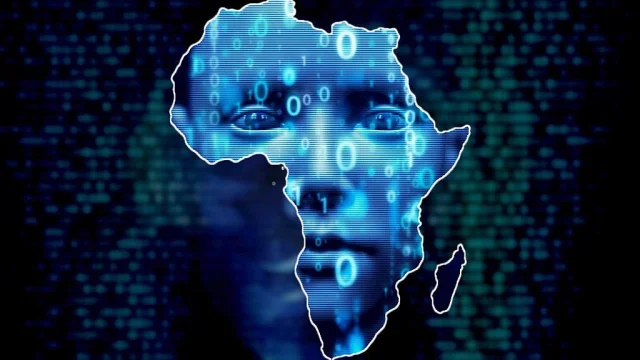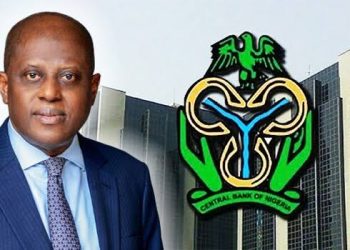Artificial intelligence is reshaping global power, and Africa is no longer watching from the sidelines. In 2025, the continent is moving from curiosity to strategy. Governments are writing rules, building institutions, and debating ethics. Progress is uneven, but intent is clear. Africa wants to shape how AI works here, not simply consume what others build.
The stakes are high. AI touches public services, jobs, education, identity, security, and cultural representation. An AI Policy will determine whether this wave becomes a tool for development or another engine of dependency.
A Continent Defining Its Own AI Vision
African governments are treating AI as a tool for national development, not a luxury. Strategies are emerging with a shared theme: use technology to solve local problems first.
South Africa has a national AI plan with emphasis on ethics and skills. Kenya is advancing AI governance through innovation-friendly policy tied to digital inclusion. Rwanda is positioning itself as a regulatory testbed and training hub. Nigeria is formalising AI policy with a focus on citizen protection, local data, and talent development.
Other nations build digital economy frameworks that indirectly cover AI. Policy evolution is real, even if infrastructure still lags.
Rules Meet Reality
Creating an AI policy is simple on paper. Implementing it across diverse economies, languages, and governance systems is harder.
African governments must answer difficult questions.
How do you regulate AI without shutting down innovation?
How do you protect citizens when most advanced models are foreign-built?
How do you ensure the benefits reach rural communities, not just capital cities?
The continent is not looking for copy-and-paste answers. Local realities demand local solutions.
Data Sovereignty and Cultural Protection
African leaders now speak openly about data as a strategic asset. AI cannot serve Africa if it trains on African data but returns value elsewhere.
Policies increasingly revolve around:
-
Local data storage and processing
-
Clear consent and data-ownership rules
-
Language preservation and inclusion in AI models
-
Copyright for cultural and creative data
The message is clear. Africa will not be a raw-data supplier in the AI age.
Where Policy Still Falls Short
Intent is growing faster than institutions. Most nations lack enforcement capacity, technical regulators, and public-sector AI talent. Many governments still buy foreign systems without assessing bias or security implications.
Digital skills gaps remain wide. Reliable power and connectivity are still uneven. Funding for local AI startups is rising, but not yet transformative. Without solving these basics, good policy risks becoming an ambitious document without impact.
An African Approach to Trust and Ethics
AI does not exist in a vacuum. African societies value community, dignity, fairness, and social cohesion. Policies reflect these values.
There is a strong emphasis on transparency, human oversight, and bias prevention. Governments fear imported systems that misidentify faces, misunderstand language, or rank citizens without context. The debate is not only technical, it is cultural and political.
Africa wants AI that respects identity, not erases it.
The Path Forward
Over the next few years, expect deeper continental coordination. The African Union is shaping a shared AI governance vision. Countries are forming task forces, training regulators, and strengthening cybersecurity and data rules.
Future policy will focus on:
-
Education and local talent pipelines
-
National compute and cloud capacity
-
AI in agriculture, health, education, and fintech
-
Local language model development
-
Funding frameworks for AI startups
-
Cross-border cooperation
Africa is not racing to catch up. It is shaping a path that reflects its own priorities.
The Real Test
AI in Africa will not be judged by the number of policies written. It will be judged by outcomes. Does a farmer access better climate insights? Does a student learn faster? Does a clinic diagnose earlier? Does a business operate smarter? Does a government serve citizens more fairly?
Policy is the foundation. Impact will be the proof.
Africa stands on the edge of a new technological era. Decisions made now will define digital sovereignty, economic power, and cultural voice for generations. The continent is moving deliberately, holding two truths at once. It must innovate fast. It must protect people first.
The continent is not waiting to be led. Africa is building its own AI future.
















